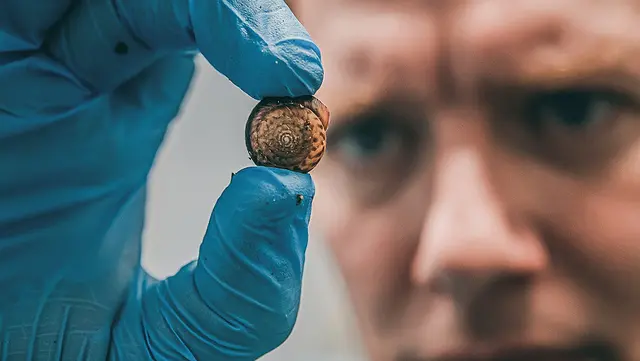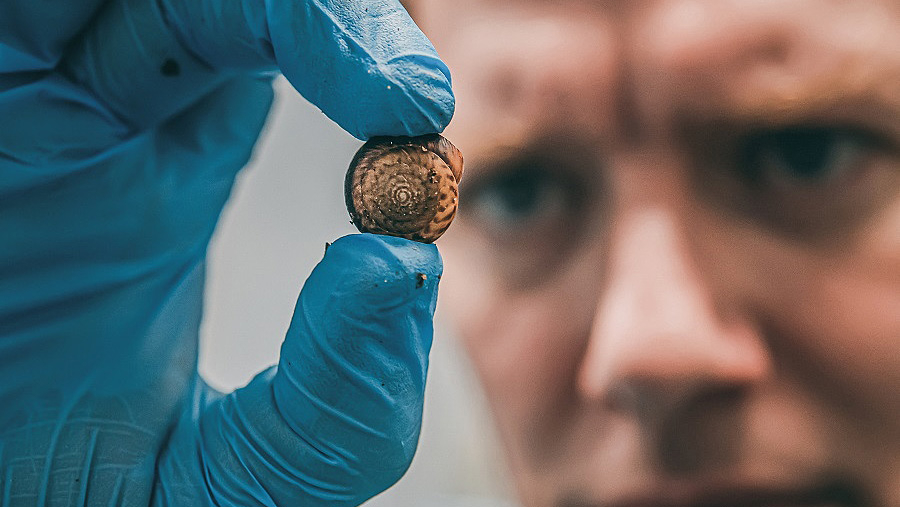
An invertebrate specialists is examining a lesser Bermuda snail. /VCG
Thousands of tropical snails, believed to be extinct in the wild for more than 15 years, have been released back to their homeland in Bermuda by conservationists at England's Chester Zoo.
A conservation program has successfully prevented the extinction of two species, lesser Bermuda snails and greater Bermuda snails.
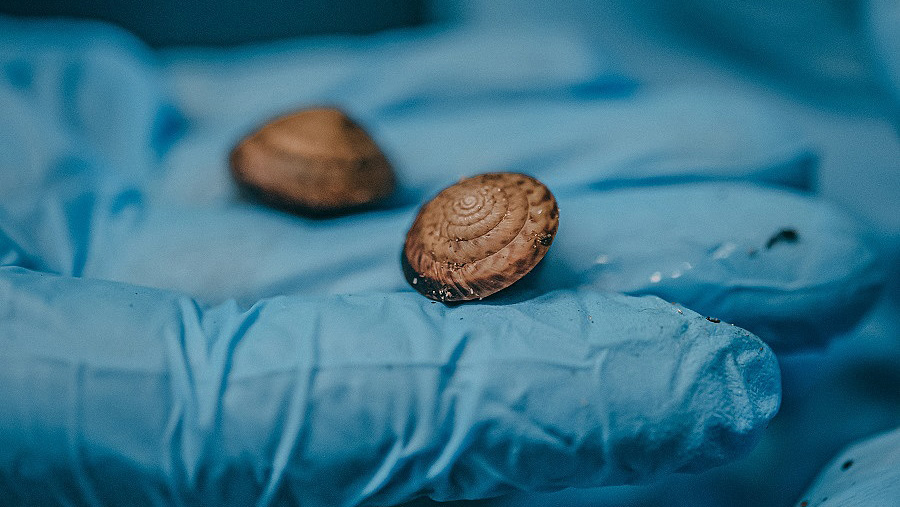
Lesser Bermuda snails in the lab. /VCG
The 800 "lesser Bermuda snails" have been given a new lease of life after being bred and reared by the zoo's invertebrate specialists.
It's the first time lesser snails have been returned to the wild after the earlier successful reintroduction of greater snails.
In total, 10,800 snails bred at Chester Zoo have been flown from the UK to Bermuda to boost wild population.
The zoo said Tuesday that 800 lesser Bermuda snails, which were once driven to the brink of existence, have traveled over 4,800 kilometers back home to Bermuda.
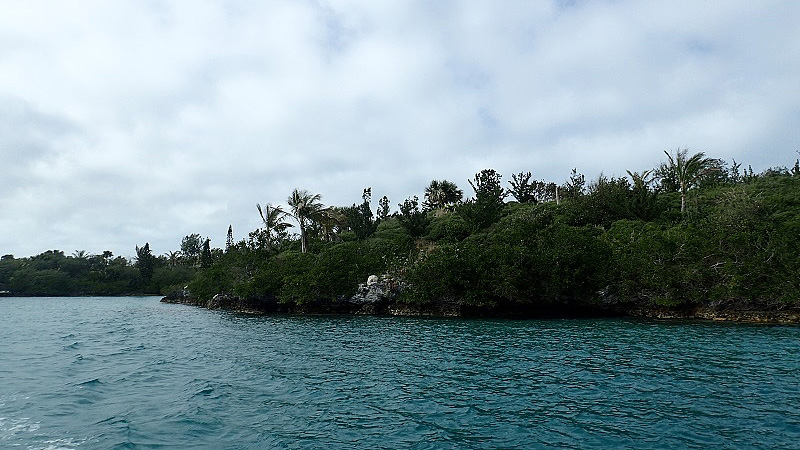
The Bermuda snails' home are on the remote oceanic islands of Bermuda. /VCG
Feared to have vanished from the wild altogether, the species is listed as critically endangered by the International Union for the Conservation of Nature (IUCN) and experts say that the last live individuals were seen in Bermuda more than 15 years ago.
The move to recover the species comes after 18,000 greater Bermuda snails – a close relative of the lesser Bermuda snail – were successfully reintroduced last year by conservationists from Chester Zoo and the Bermudian government.
The greater Bermuda land snail (
Poecilozonites bermudensis) –
which measures around 2 centimeters and live only on the remote, oceanic islands of Bermuda – were driven almost to extinction by predation from introduced species of carnivorous snails and flatworms.
Now, a further 10,000 greater Bermuda snails have also been sent back to Bermuda to boost their number and distribution across the Oceanic islands.
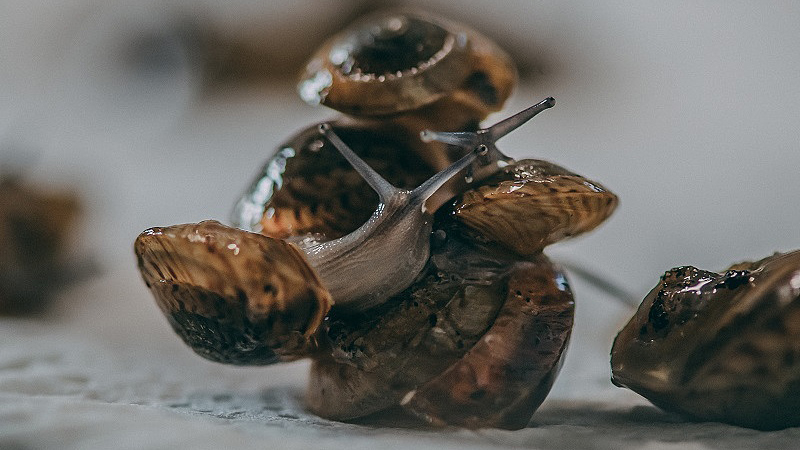
The tiny snails disappeared after flatworms and carnivorous snails, two invasive species introduced by humans, devastated the last remaining snail populations on the islands, along with the destruction of their habitat. /VCG
It's the first time the two species of snails have ever been reintroduced as part of a conservation breeding and release program in Bermuda.
Gerardo Garcia, the zoo's Curator of Lower Vertebrates and Invertebrates, said: "It's an unbelievable feeling to be able to say that we've successfully prevented the extinction of two incredibly important snails."
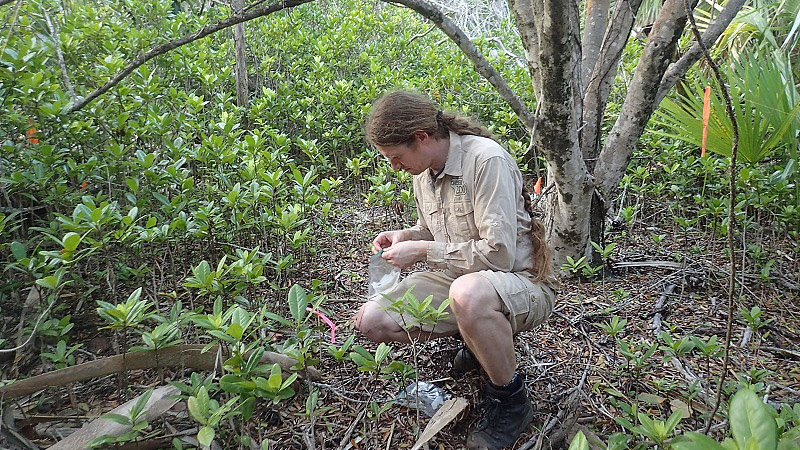
A conservationist is releasing the snails back to the wild. /VCG
(
If you want to contribute and have specific expertise, please contact us at
)
Source(s): Xinhua News Agency
 简体中文
简体中文

